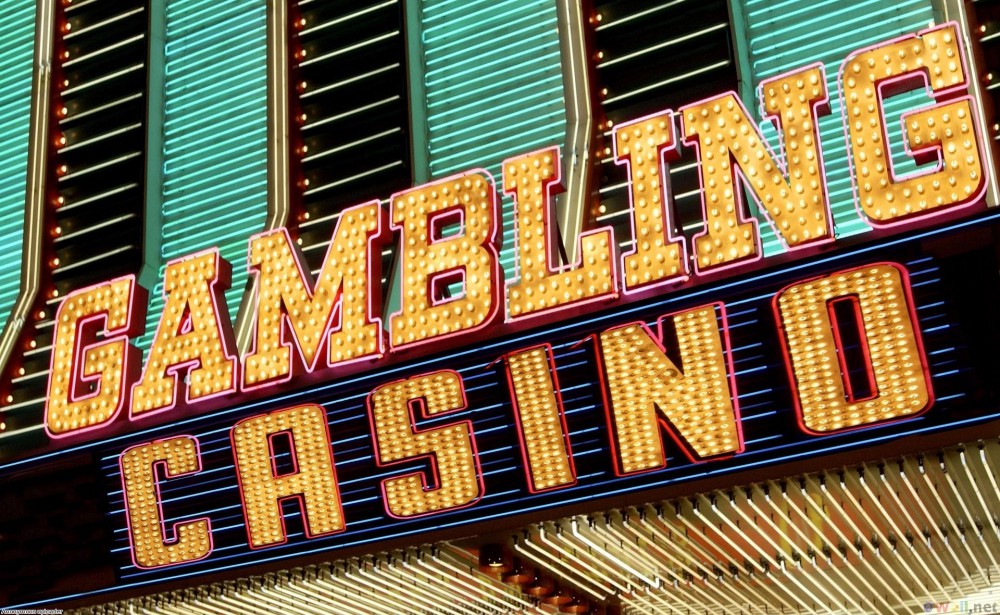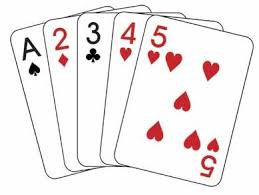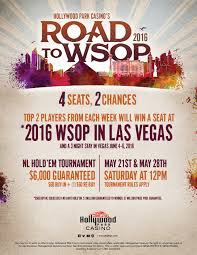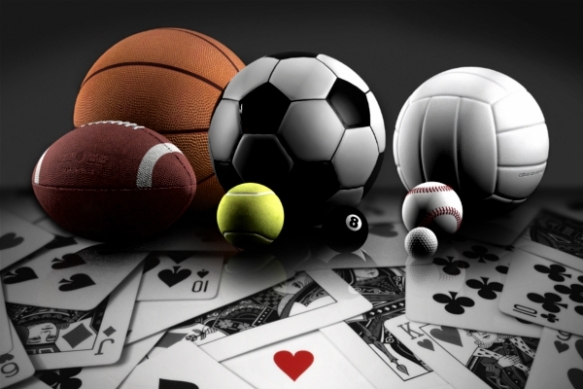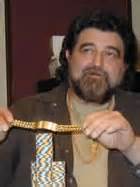
Charlie Esslinger, left, with Jeanette Suttle and long-time Las Vegas pro Harry Suttle
My father would always stop at a bait shop and small grocery store in Farley, Alabama, before we went fishing. One day he introduced me to a man he said was a professional gambler whose family owned the bait shop.
My dad told me never to play poker with that man. I was seven years old, and I never forgot his words.
Years later when I was the manager of a high-end men’s store, the owner said, “Robert, I want you to meet Mr. Esslinger. He wants us to order some suits and special white-on-white shirts.”
The man was the professional gambler my dad had introduced me to when I was seven. Charlie Esslinger ordered a dozen shirts and four suits by Hickey Freeman made of Italian wool and silk.
He looked more like a banker than a gambler.
About two months went by after he picked up his suits. He came back into the store and ordered the same items. I said, “Charlie, this is the same order as last time.” He said, “Yes. I left those suits in Las Vegas. I didn’t feel like packing.”
When I started hosting my own poker game, I asked Charlie to play. He said he lived in the same apartment complex, and he may stop over.
Thus began a long relationship with the man my dad said never play poker with.
Charlie would play every day. I was mesmerized by him; he never lost, not one time in the fifteen years I knew him. It got to a point where everyone thought he must be cheating, but I knew it was something else. Could he be the best limit poker player alive?
One night Charlie invited me over for a little party he was having at his place. Inside Charlie had about six girls dancing all over the apartment. During the festivities, Charlie dropped his wallet on the floor.
I told Charlie I kicked his wallet under the couch. He said, “Robert the girls will get it all anyways.” He was quite the philosopher.
Charlie then took me aside and said, “Robert you have to change the hustler crowd you’re hanging around with.”
Charlie continued, “Everyone likes you, and you have a gift for cards, but the guys you hang out with will get you in a lot of trouble.” I took his advice, and it changed my life.
Not long afterwards, the players all refused to play in my home game. I asked them why. They said unless I barred Charlie, they would never play at my place again.
I had to call Charlie and tell the one person who I considered my mentor and friend that he was barred from my game for no other reason than he was too good.
A few years later I was hosting a bigger game, and the players agreed to invite Charlie back. That lasted 30 days. They selected a spokesperson to tell me that they would never play with me if I didn’t bar Charlie. The live producer in the game said, “Charlie is my friend, but I can’t beat him at poker.”
Again I had to bar him for winning.
How does a man go twenty five years and never lose a day in his life until he decided to throw a party at the Golden Nugget in Las Vegas? Charlie found a way, and he did it every year.
He would play his cards face up just to give back some of the money he beat the players out of every day. If he caught a pair, he would cap every bet, and then laugh if he drew out. He would lose around $10,000 just for fun.
During these times, he would get drunk and give the cocktail waitresses hundred dollar tips until finally Bill Boyd would have security take him to his room. The next day I would see him with a hangover in the poker room back to grinding away.
They had to change some poker rules just for Charlie. He would sit at the poker table listening to music on a transistor radio, and the players would complain. The Golden Nugget had to ban music at the table. The next day Charlie would read several newspapers, and the players complained again, so they instituted a no-reading rule at the poker table.
Charlie would sit there and not play a hand for hours, and then he would be in a massive pot. The board would read QQ772, and Charlie would show Q7. I tried for years to figure out how he did it. To this day, it is still a mystery.
In Part 2, I have more tales to tell about my mentor Charlie Esslinger.
Robert Turner is a legendary poker player and billiards/casino marketing expert. Robert is most well known for introducing the game of Omaha poker to Nevada in 1982 and to California in 1986. He created Legends of Poker for the Bicycle Casino in 1995 and Live at the Bike, the first live gaming site broadcast on the Internet in 2002.
He has over 30 years experience in casino marketing and player development. Find Robert on Facebook at https://www.facebook.com/thechipburner and on Twitter @thechipburner. He can also be reached at robertturnerpoker@gmail.com for consulting and teaching.

